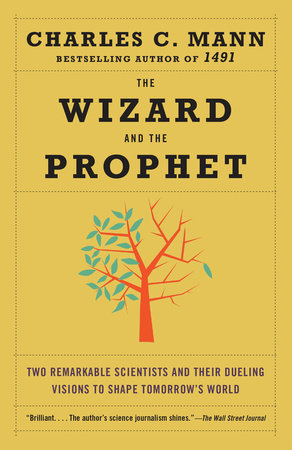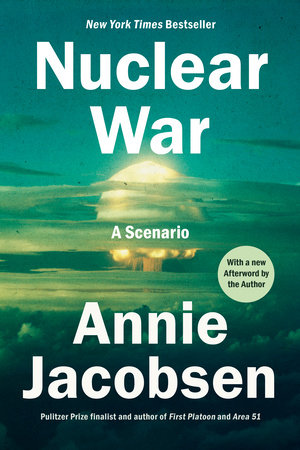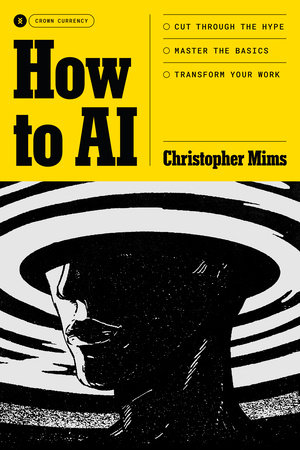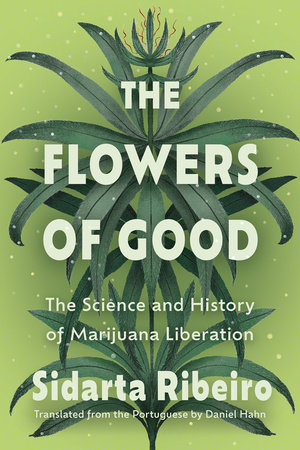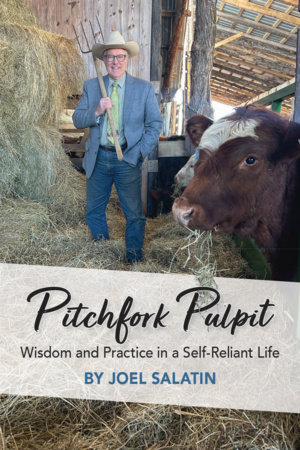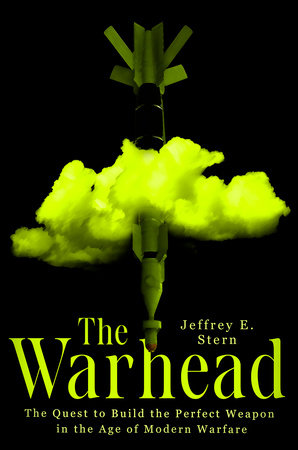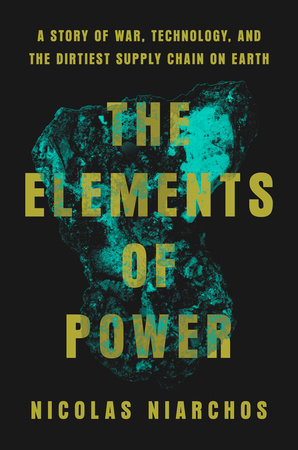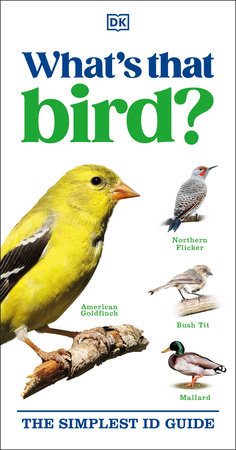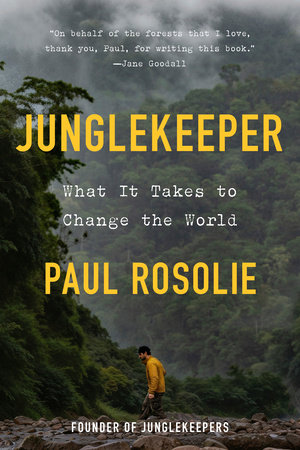Q: The population of the earth is rapidly expanding; many estimate it will be ten billion people by 2050. Your book asks the most essential question of our time: How can humanity continue to thrive throughout the next century with over ten billion of us competing for the same resources? Do you believe that humanity is capable of finding and implementing solutions—and averting a potential planetary crisis?
A: Not only will there be almost ten billion people in 2050, a whole lot of them will be middle-class. They’ll want all the things we middle-class people do—cars, air-conditioning, nice shoes, occasional treats. (I always think of Toblerone chocolate—at one point I was going to call the book, Toblerone for Ten Billion. Oddly, my editor vetoed that idea.) Nobody knows yet how to supply all the things that those future people will want. Actually, that’s only part of the question. The full question is: Can we provide these things without wrecking much else?
Humankind is certainly capable of solving this question. The question is whether we will do it. Simply feeding ten billion people—most of whom, again, will be middle-class—will require huge and probably wrenching social and economic changes. Will we make them? On that, the jury is out—and will stay out for decades.
The biggest reason for optimism is that humans have made equally large changes in the not-so-recent past. Three hundred years ago, for example, slavery existed in every corner of the world. And this was nothing unusual. Slavery had been fundamental to the social order since the earliest states in Mesopotamia. Customs differed from one place to another, but slavery was sanctioned and practiced everywhere from Mauritania to Manchuria. Unfree workers existed by the millions in the Ottoman Empire, Mughal India, and Ming China.
And then, suddenly, in a few decades of the nineteenth century, slavery stopped almost entirely. Slavery still exists; the International Labor Organization estimates that almost twenty-five million people are still forced to work as captives. But in no society, anywhere, is slavery a legally protected institution—part of the social fabric—as it was throughout the world not so long ago.
Abolition was an enormous and painful change. The U.S. is still fighting about it. The point here is that the kind of changes necessary to feed the world are much smaller. I am no seer and can’t make predictions about the future. But it would be incredibly disappointing if we failed to get our act together and let these problems beat us.
Q: What fascinated you about Borlaug and Vogt, two men whose ideas were incredibly important but who remain relatively unknown (even among those who today follow in their intellectual footsteps)? Why do you dub them “Wizards” and “Prophets”?
A: I began thinking about this book on the day, nineteen years ago, when my daughter was born. As I was standing in the hospital parking lot, it suddenly occurred to me that when my baby was my age there would be almost ten billion in the world. I thought: How is that going to work?
In the years after, I took advantage of journalistic assignments to ask experts—experts in agriculture, water, energy, you name it—how we would make our way in the world of ten billion. After a while, I realized I kept hearing two names. They were two people I’d then never heard of (I think), but they seemed to have set how people approach these issues.
Norman Borlaug was the main figure behind what’s been called the Green Revolution—the combination of high-yielding crop varieties, artificial fertilizers, and intensified irrigation that caused grain harvests to triple in the last half of the twentieth century. He’s almost unknown to the public, but he set an example that is constantly being followed. His life and work have come to exemplify the idea that science and technology, properly applied, will let us produce our way out of our problems.
Vogt is even less known, but he was in many ways the founder of the modern environmental movement—the only enduring ideology of the twentieth century. His fundamental contribution was to say that the planet has limits that we have to live within. Put on your cardigan sweater, turn down the thermostat, eat lower on the food chain—you know the drill. He was saying, “Don’t produce more! Consume less!”
If you think about it, these two answers are opposite to each other. The split goes right up the middle of every discussion about the future of our species on this planet.
Why “Wizards” and “Prophets”? Well, “Vogtian” and “Borlaugian” sound like alien species in Star Trek. (“Come to the transporter room, Spock, I have to meet the Vogtian trade delegation.”) When I mentioned this issue to one of the people I was talking with, the writer Stewart Brand, he said, “Call them Engineers and Druids.” Engineers like Borlaug, grinding away to make things; Druids like Vogt, prophesizing doom unless we change our lives. When I presented this idea to my editor, he said, “Nobody will know what a Druid is.” Indignant, I went to a Barnes & Noble and asked a clerk to look up a (fictitious) book called The Druid. He said, “What’s a Druid?” Another friend, the writer Cullen Murphy, said, “Make it Wizards and Prophets.” I did.
Q: Though both Wizards and Prophets are working to solve the same problem—human survival on our planet—they are bitterly opposed. Why is compromise between these two groups (who should be on the same side) so difficult?
A: The clash between Vogtians and Borlaugians is heated because it is less about facts than about values. Although the two men rarely acknowledged it, their arguments were founded on implicit moral and spiritual visions: ideas of the world and humankind’s place in it. Prophets look at the world as finite, and people as constrained by their environment. Wizards see possibilities as inexhaustible, and humans as wily managers of the world. One views growth and development as the lot and blessing of our species; others regard stability and preservation as our future and our goal. Vogt believed that ecological research has revealed our planet’s inescapable limits and how to live within them. Borlaug believed that science could show us how to surpass what would be barriers for other species.
Particularly important, the two sides have two different ideas of liberty. Wizards think that people are independent individuals who are most free when they have maximal choice—they can reinvent themselves endlessly, breaking through all barriers. Prophets think humans are by nature social and biological beings and true freedom lies in recognizing and celebrating our essential character, as creatures bound into a community, as a species in a web of other species. In one way or another, these ideas have been battling each other since at least the fifteenth century. Nobody has ever been able to reconcile them. It’s not surprising to me that Wizards and Prophets don’t get along.
Q. Of the four oncoming challenges you discuss (water, food, energy, climate change), which is the one our society will have the most trouble battling?
A. In a way, the challenge that worries me most is water. It turns out that even though most of Earth is covered with water, the amount of fresh, drinkable water is amazingly small, and we are abusing it. Once you melt glaciers and contaminate aquifers (giant underground stores of water), you’re in trouble—we have no idea how to fix the problems.
The columnist William Safire used to call important but boring subjects MEGO—My Eyes Glaze Over. Alas, water management is MEGO, or maybe even MEGO-plus. Almost all of the U.S. West is running out of water. But only some places, like Las Vegas, are paying attention. I worry about us waking up in time.
Q. Are there companies doing particularly interesting and cutting-edge work addressing some of these problems? What are some of the most surprising potential solutions you came across during your research?
A. Lots of people are doing good things. But I rarely single out any particular company or agency because it seems to me that any individual effort can fail. What’s important is that there are a bunch of people trying different approaches.
For instance, in the book I talk a bit about a huge effort, funded largely by the Gates Foundation, to change the way photosynthesis works in rice. This is an extremely ambitious effort—a kind of Manhattan Project for genetic engineering. It’s fascinating, but I can’t promise it will work. Instead I use it as an example of an approach to producing more food. There are a number of other projects seeking to make similarly remarkable changes in our crops—self-fertilizing corn, perennial wheat, and so on. What I argue is that we can’t bank on the success of any single effort, but we can also say that it is unlikely that all of them will fail.
Q. You’ve been reporting on climate issues for a long time—what inspired the particular approach you take in this book?
A. This isn’t really a “climate book.” There’s a chapter about climate, but the book is actually about how people approach a broad range of future challenges. The four big ones, it seems to me, are food, water, energy, and climate change.
Of these, climate change is odd man out. Everybody wants food, water, and energy. Climate change is a byproduct of getting them, one that must be avoided. If we make a big effort and produce enough food for the ten billion, the reward is obvious. If we make a big effort and avoid the worst effects of climate change, the reward is that we get to go on as before—nothing much happens.
If you talk long enough with people who are concerned with climate change, you realize they fall into these two camps. Wizards think the way to go is with big, centralized facilities and projects—nuclear power (which releases no carbon), carbon-capture facilities (which trap and store carbon dioxide from factories and power plants), and, possibly, geoengineering (which involves, in its most common form, blocking incoming sunlight by spraying particles into the upper atmosphere). Prophets think the answer is cutting back on carbon by reducing energy use, switching to solar and wind power, and planting lots of trees. Each side thinks the other’s solution is absurd. Once you have this framework, I think, a lot of what is going on is more understandable. That’s so brief it’s almost a caricature, but you get the idea.
Q. Tell us the truth. Are we doomed?
A: Doomed, in the sense of fated to destroy ourselves? That question is one of the inspirations for this book, actually.
The late, great biologist Lynn Margulis lived in my town. I knew her a little bit. One time, I was reading a book about the environment in a coffee shop, and Lynn came in. She saw the book and made a face. I said, kind of defensively, “Don’t you think it would be sad if the human race suffered a catastrophe?” She said, in essence, no, because in a million years the planet will be fine—we just won’t be living on it. Then she said, “Besides, it’s the fate of every successful species to wipe itself out.”
Being a biologist, Lynn believed in evolution. One of Darwin’s laws is that biological processes like evolution apply to every species, from protozoa to people. If you put some protozoa or bacteria in a petri dish filled with nutrients, they will eat and multiply until they hit the edge of the petri dish, and then either starve to death or drown in their own wastes. Because biological laws apply to every creature, Lynn said, the same will happen to us—it’s inevitable. For it not to happen, she pointed out, we would have to be special. We would have to be unlike every other creature. The rules would not all apply to us.
One way of summarizing The Wizard and the Prophet is to say it asks, Is she wrong? And if she is wrong, how do we escape our fate? How can we not hit the edge of the petri dish?
If Lynn is right, the answer to your question (“Are we doomed?”) is yes. Borlaug and Vogt fought each other, but both believed the answer was no. Our children will find out, one way or another, who is correct.
